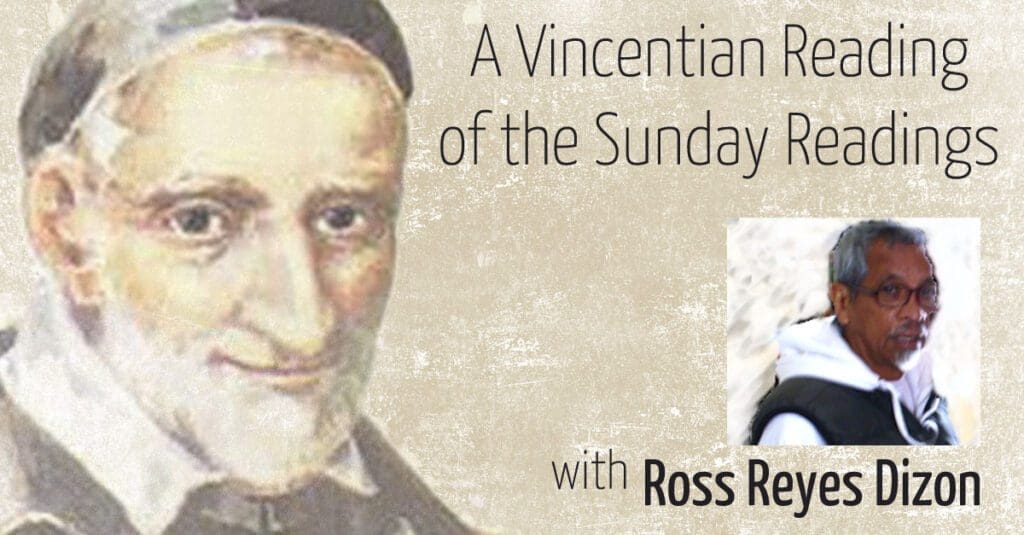Jesus, the Son of Man, has come to seek and to save what is lost. No, there are no lost cases for him.
St. Luke tells us that Zacchaeus is a chief publican and a wealthy man. This means that, in the eyes of others, no one can save him.

For he is a publican, that is to say, he is a sinner, and a traitor to Israel. Jews do not think publicans can save themselves. Much less, can a chief publican.
Besides being a publican, Zacchaeus is wealthy. Hence, it is hard for him to be saved. Jesus has already said, “It is easier for a camel to pass through the eye of a needle than for a rich man to enter God’s kingdom.”
And such saying made those who had heard it ask, “Then who can be saved?” It is a good thing he reassures them right away and says that God can do what humans cannot do.
Jesus, whom God has sent, can also do what humans cannot do. He can save those who draw close to God through him. He can save Zacchaeus.
And this sinner seeks to see Jesus, but cannot see him due to the crowd, since he is short. But he badly wants to see him, so he runs ahead and climbs a fig tree.
And such trouble wins him a reward. For Jesus looks at him; he lets the seeker find him. And he does not only look at the one who acts like a kid (God’s kingdom is of the childlike). He also tells him, “Zacchaeus, come down quickly, for today I must stay in your house.” He comes quickly and receives Jesus with joy.
Look as does Jesus to help save the lost
But as he makes Zacchaeus happy, Jesus at once leaves others unhappy. All grumble that he is staying with a sinner. The sinner, in turn, stands up, makes up his mind to turn away from greed to love and justice. And this tells us that to repent means to commit to setting free the poor and exploited (Gustavo Gutiérrez).
Jesus, for his part, confirms Zacchaeus’ change of mind and heart: “Today salvation has come to this house, for he, too, is Abraham’s son.” He also stands up to the grumblers: “The Son of Man has come to see and to save the lost.”
The Son of Man, yes, and the way he looks at others, is what is crucial. In the first place, he looks with God’s eyes of mercy. In the second place, he does not look as the self-righteous or as those tainted with clericalism. Rather he looks with concern for those who are like sheep without a shepherd. In the third place, he looks at the whole, at the one body.
No, Jesus’ and his Father’s way of looking is the human way of looking; he lets those who seek find him (Is 55, 6. 8). His plan is to save us, not to condemn us; those who seek him with all their heart find him (Jer 29, 11. 13).
Do we look at the neighbor as Jesus? Do we have the spirit of him who has mercy on all to the point of giving his body up and shedding his blood?
Lord Jesus, grant that we see by the light of faith those who are poor and those the world thinks are lost cases, and value them as you value them (SV.EN XI:26). Let us help you save the lost. And make us worthy of God’s calling.
30 October 2022
31st Sunday in O.T. (C)
Wis 11, 22 – 12, 2; 2 Thes 1, 11 – 2, 2; Lk 19, 1-10





A “good look” at this text…